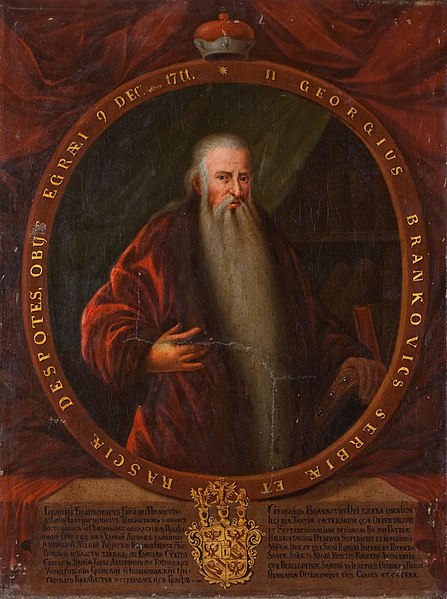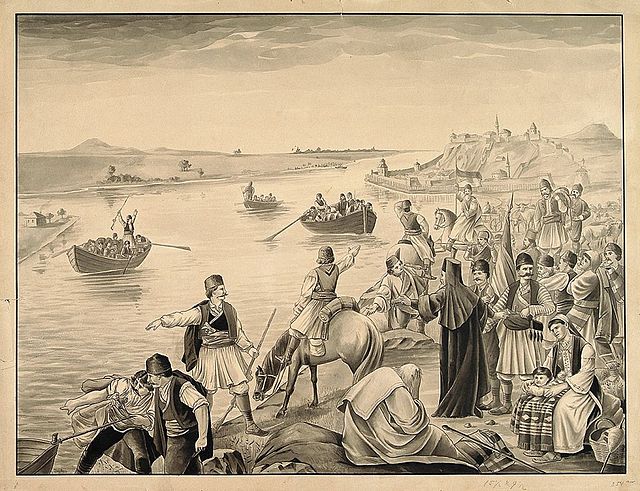Milorad Ekmečić was a Yugoslav and Serbian historian. During World War II he became a member of the Yugoslav Partisans after the fascist Ustaše perpetrated the Prebilovci massacre, in which 78 members of his family were killed, including his father. He studied at the University of Zagreb and went on to be a professor at the University of Sarajevo, and later at the University of Belgrade. He was a member of several Yugoslav academies of sciences and arts, the author of more than a dozen historical books, and received several significant national awards. Ekmečić authored several important works in socialist Yugoslavia, including his contribution to the acclaimed History of Yugoslavia published in English in 1974, and Stvaranje Jugoslavije 1790–1918 [Creation of Yugoslavia 1790–1918] in 1989. According to his obituary in Vreme news magazine, Ekmečić was considered "a prominent representative of Serbian critical historiography".
Milorad Ekmečić
Serbian historiography refers to the historiography of the Serb people since the founding of Serbian statehood. The development can be divided into four main stages: traditional historiography, Ruvarac's critical school, Communist–Marxist legacy, and the renewed Serbian national movement.
Count Đorđe Branković (d. 1711), writer of the Slavo-Serbian Chronicles
Serbs crossing the river for Austrian territory, 1690.



